Citation
Greenberg, Nathaniel. American Spring: How Russian State Media Translate American Protests for an Arab Audience
. International Journal of Communication (2021): 2547-2568.
Findings
The study finds support for the idea that Russia's reporting of BLM and other social movements in the MENA region on state-sponsored RT3 (Arabic language broadcasts) was related to advancing Russia's geopolitical interests in the MENA region that would limit the spread of pro-democracy movements. This coverage bolstered narratives of securitization, nationalism, and anti-Islamism in the MENA while demonizing pro democracy movements and pushing back against the perceived meddling of the U.S. government, Silicon Valley, and multinational nongovernmental organizations like George Soro's Open Society Foundation. In Libya, for example, pro-Russian media amplified its focus on Hifter who led the Libyan National Army with a rhetoric depicting LNA as supporter of law and order and opposing the UN-backed government. RT3 also used mistranslation such as amplification of divisive language and source laundering or a method of channeling strategic narratives through alternative sources in its reporting. When BLM protests escalated across the country, RT3 captured the moment to project a narrative of chaos, but used carefully selected and strategically mistranslated articles to launder its information by attributing the stories to neutral and mainstream sources like the American news channel ABC News. Overall, Russian state media reporting worked to delegitimize pro democracy movements as foreign-backed conspiracies and to reinforce the narrative of authoritarian regimes whose stability and cooperation with Russia was seen as conducive to the Kremlin's interests in the region. As RT's spin on the Black Lives Matter movement showed, this global strategy was capable of absorbing any range of cultural and political ephemera. The focus on BLM and the representation of the movement to the Arab world as evidence of democracy's failure illustrated the replicability of strategic narratives across cultural and geopolitical fault lines.
Tags
Method: Qualitative Operation: State Initiation of info ops threat/attack Attack: Political/Legal Institutions of the state that is threatened/attacked Attack: General population of the state that is threatened/attacked Geoscope: Global UN Region: Northern Africa UN Region: Western Asia DOD Region: AFRICOM DOD Region: CENTCOM Type: Article Year: 2021
Research Background
- Research questions
- How does foreign media, like Russia's state sponsored media RT, cover the BLM protests, and what does their reporting tell us about Kremlin disinformation strategies, and how RT3's coverage of the protests factor into the Kremlin's greater geopolitical agenda vis-a-vis the Middle East and North Africa?
- Hypotheses
- RT's coverage of BLM protest activity functioned more in a strategic than tactical fashion with the long arc of reporting mirroring core elements of the Kremlin's geopolitical posture toward social movements around the globe, specifically in the MENA region.
Variables or Concepts
- Independent variables & concepts
- Use of strategic narratives about BLM and other social movements in the MENA region (inferred)
- Dependent variables & concepts
- Advancement of Russia's geopolitical posture in the MENA region (inferred)
Methodologies
- Qualitative method description
- Case study of Russia' RT3 coverage of BLM and concurrent social movements in MENA region using discourse analysis
Time Frame
- Start: 2020
- End: 2020
